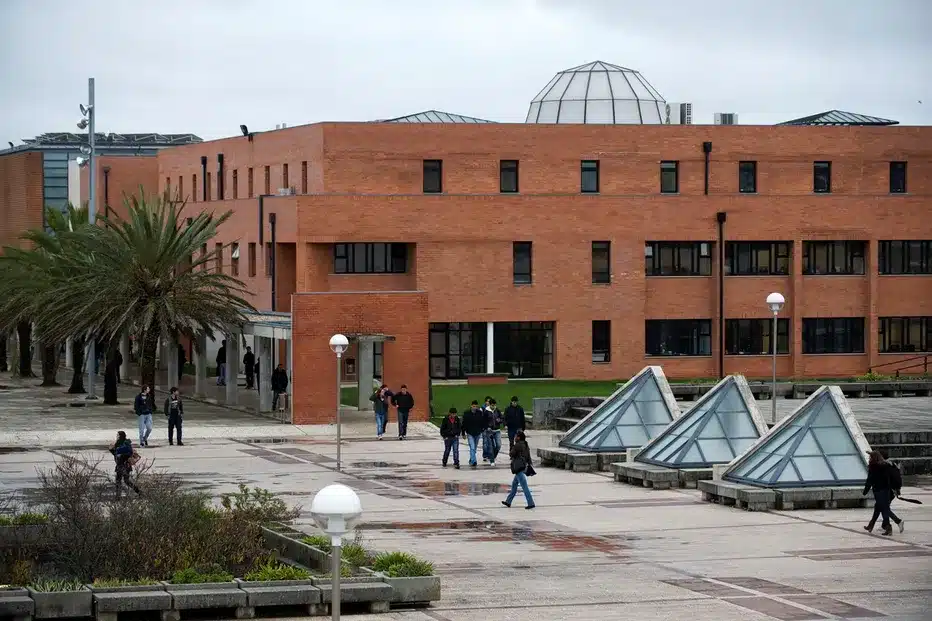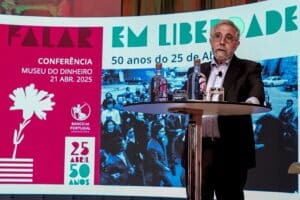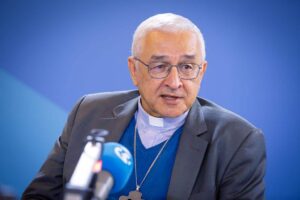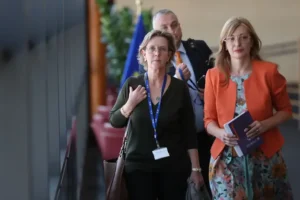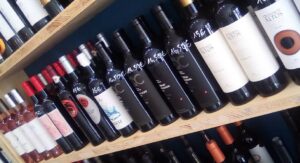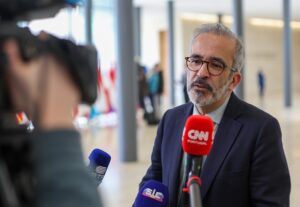President Trump’s campaign against diversity continues to encroach into Portuguese life
The ‘looming Trump-berg’ that we talked about only a few days ago has now shut down various programmes at Portugal’s top universities – sending out “intolerable” questions, probing links to terrorist organisations.
Lusa reports that the president of IST (the Instituto Superior Técnico), Rogério Colaço, received notice last month of the cancellation with “immediate effect” of the programme “American Corner”.
On the same day, IST received an inquiry from the US State Department with “quite inappropriate questions” about whether the institution collaborated or not, or was cited or not in accusations or investigations involving terrorist associations, cartels, human and drug trafficking, organisations or groups that promote mass immigration.
“Técnico responded that it would not respond to the questionnaire because it was not appropriate for a public higher education institution subject to public and legal scrutiny in a democratic country that is a member of the European Union”, Colaço explains.
But the issue goes much further. So-called “American spaces” or “American corners”, financed by the US government and which the US Embassy in Lisbon describes as “information and culture centers”, operate in a number of university institutions.
In addition to IST, the universities of the Azores, Aveiro, Porto (Faculty of Arts), Lisbon (Faculty of Arts) and Nova de Lisboa (Faculty of Science and Technology) have these spaces – and all received similar notices, and questionnaires, around the same time.
The director of the Faculty of Arts at the University of Lisbon (FLUL), Hermenegildo Fernandes, told Lusa that he was astonished by the “scale of the shamelessness” of the questions, namely about “climate agendas”, whether the institution had “contacts with communist and socialist parties” or “relations with the United Nations, the People’s Republic of China, Iran and Russia” and what “it did to protect women from gender ideologies”.
The faculty, like IST, chose not to respond, noting that “its dependence is on the scientific policies of Portugal and the European Union”.
But the letters have been quite specific: funding will be terminated unless the questionnaire is completed.
The rector of the University of Aveiro and president of the Council of Rectors labels the questions an “intolerable intrusion”.
“The council of rectors discussed the matter and the questions, by their nature, constitute an intolerable intrusion into the autonomy of institutions and their freedom of research and academic action,” he told Lusa.
Paulo Jorge Ferreira highlights that the American Corner programme “has been active for more than ten years, without any incidents, and has been a driving force in the communication of Science”.
In the case of Aveiro, “the amount of funding is small” and is in America’s interests, as it promotes American culture. (IST’s programme, for example, was financed by an annual grant of €20,000).
“I fully grant the funder the legitimacy to decide whether to continue or cease such funding, but what I do not think is correct is to condition institutions or ask them to inform about things that are offensive to their independence and academic freedom,” Ferreira added.
Meantime, “without responding directly to a question from Lusa”, Marie Blanchard, the spokesperson for the US embassy in Lisbon, said: “We have excellent relations with all six ‘American corners’ and we will continue to collaborate on a series of programmes and initiatives that promote our common goals.”
Ms Blanchard added that the ‘American corners’ “demonstrate the unparalleled power of the United States as an economic and innovation leader”.
This far, the Portuguese government (trying to run an election campaign, and deal with myriad issues thrown up by the threat of tariffs) seems keen to stay out of the picture. Portugal’s minister of economy, Pedro Reis, when asked about this issue during Thursday’s cabinet news conference, chose not to answer directly, emphasising that “bridges” are needed rather than finding “points of disagreement” between countries. ND
Source material: LUSA

